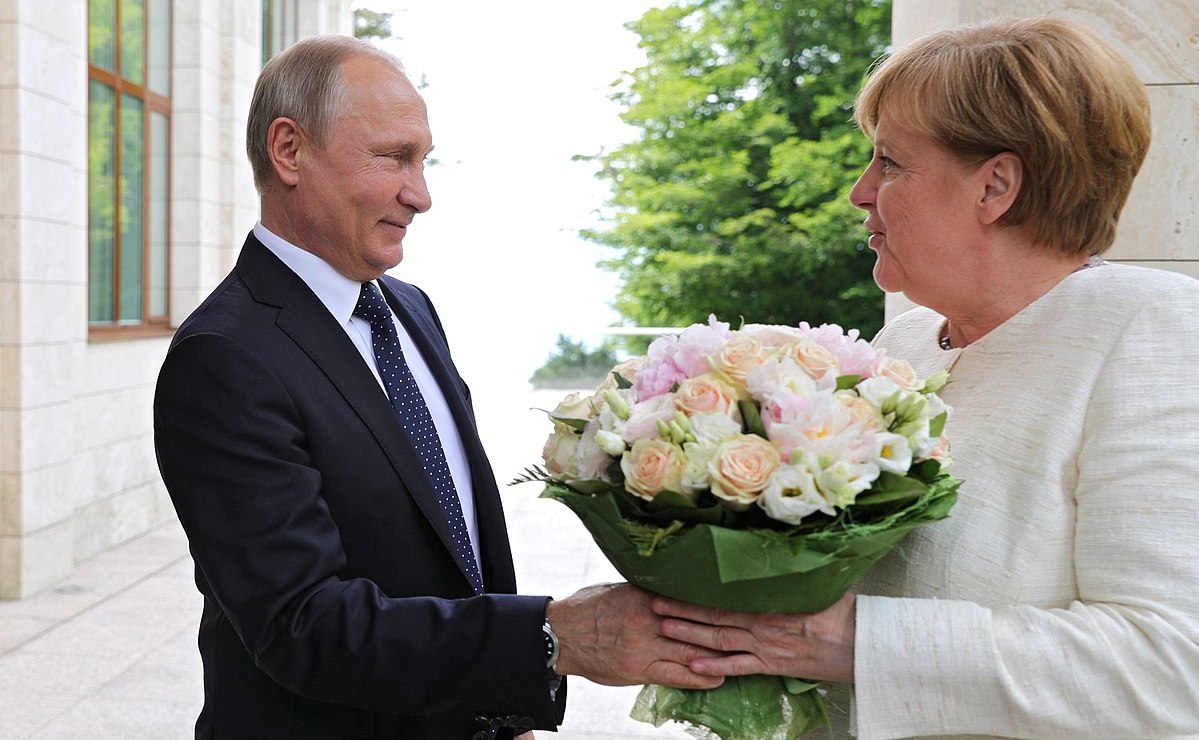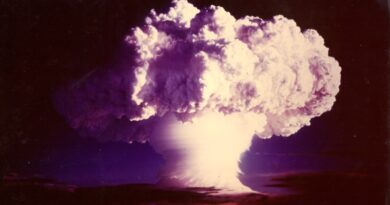Russia vs NATO. Can Poland count on Germany? (Part 1)

Why does Britain, which is significantly farther from Ukraine, care about arming Kiev more than Germany? Poles are observing this attentively, as they have to ask themselves the following question: How would our neighbors react in the event of Russian aggression against Poland?
Piotr Semka
The news that British transporters chose a route bypassing Germany for the transport of defense weapons for Ukraine caused very nervous reactions in Poland. So nervous that the German ambassador in Poland issued a special statement. He explained that Great Britain had not asked to fly over German airspace. This statement was picked up by journalists advocating for Polish-German unity as evidence of the sensitivity of the authorities in Warsaw. But the fact that the British did not seek approval from Germany might have meant there were more substantial reasons for this underneath the surface. International affairs expert Beata Górka-Winter aptly pointed out that London could have decided in advance that there would be no consent, and nobody liked to expose themselves to a diplomatic denunciation.
It has been known for some time that Germany is actively working against arming Ukraine. In December 2021, as reported by the German press, German diplomats protested against Estonia’s decision to hand over some of its weapons made in Germany. It was, among others, about the D-30 howitzers, which, after the liquidation of the East German army, first went to Finland, and from there they were handed over to the Estonians. Now, according to Berlin, the German cannons should not hit the Dnieper because “it may intensify the Russian-Ukrainian conflict”.
GERMAN DOCILITY
Why does Great Britain feel concerned about the arming of Ukraine, and why is Germany much closer to the region of central Europe, manifestly turning its back on Ukraine? On January 18th, the head of German diplomacy, Annalene Baerbock, during her visit to Kiev, once again refused to respond to requests from Ukraine’s foreign minister, Dmytro Kulebock, to export advanced German weaponry to the Ukrainian army. Baerbock stated: “The German position on not delivering defensive weapons to Ukraine remains unchanged. Our restrictive position on the supply of weapons to countries where this may cause an escalation of the conflict, is widely known and has its causes in historical experience”.
This argument surprised even some non-mainstream journalists. Anders Öttlund – a Swedish analyst from the Center for European Policy Analysis – commented on Baerbock’s words, calling them worthy of the award for the stupidest statement of recent times. Öttlund points out that “German history has already contributed to the murder of millions of Ukrainians in the past, and now even more Ukrainian victims may die as a result of this argument”.
German journalists expressed rather sour views about the visit of the head of German diplomacy to Moscow. It was pointed out that, as in the case of Angela Merkel’s recent farewell visits, the following principle was maintained: a visit to Kiev first, and then to Moscow. It is humiliating for the Ukrainian side, as it suggests a strategy of talking to the weaker link first, and then to the main quarterback. It is really impossible to understand the underlying meaning of Baerbock’s visit to Moscow. The head of German diplomacy did not even make a clear declaration that the attack on Ukraine would mean the end of the Nord Stream 2 project. Indeed, she pointed out to the Russians the gathering of troops on the border with Ukraine, pointed out that the costs of the Russian attack on a neighbor would be high, but she mitigated it with a very vague declaration, that “everything will then have to be discussed anew”.
Ukraine is currently in a dramatic moment of waiting for Putin’s attack and needs clear declarations from Germany. At this point, Russian policy is being decided and Berlin’s decisive stance can be of great importance. Meanwhile, Germany is at the stage of abandoning the absurd claims by the new Chancellor Olaf Scholz that Nord Stream 2 is only a private business initiative and should not be confused with Russia’s politics. During the meeting that took place in Berlin between the new German chancellor and NATO chief Jens Stoltenberg, Olaf Scholz was only able to call on Russia to de-escalate the conflict and recall that Ukraine should continue to be a transit country for Russian gas exports to Western Europe.
The Greens decided that the policy towards Russia was the domain of Chancellor Scholz and silenced their opposition to Nord Stream 2. In turn, CDU leader Friedrich Merz spoke out against excluding Russia from the SWIFT banking system in the event of aggression against Ukraine.
The German daily Stuttgarter Nachrichten gave a bitter remark: “Rarely has Germany’s foreign policy looked so helpless. A modest mix of talks and vague threats of sanctions was presented in Moscow, should Russia continue its steady course for military aggression in Ukraine. In Kiev, there was a modest mixture of warm words and rejection of the Ukrainian wish for German arms supplies. [German] foreign policy is eager to educate the world and talk in moral terms as long as it does not entail serious costs. This corresponds to the belief of most Germans”.
And such initiatives as the letter of German international experts, incl. Andreas Umland, calling on Berlin to take the threat of Russian aggression seriously hardly make an impact.
(…)
This article was published in February 2022 in “Do Rzeczy” weekly.



